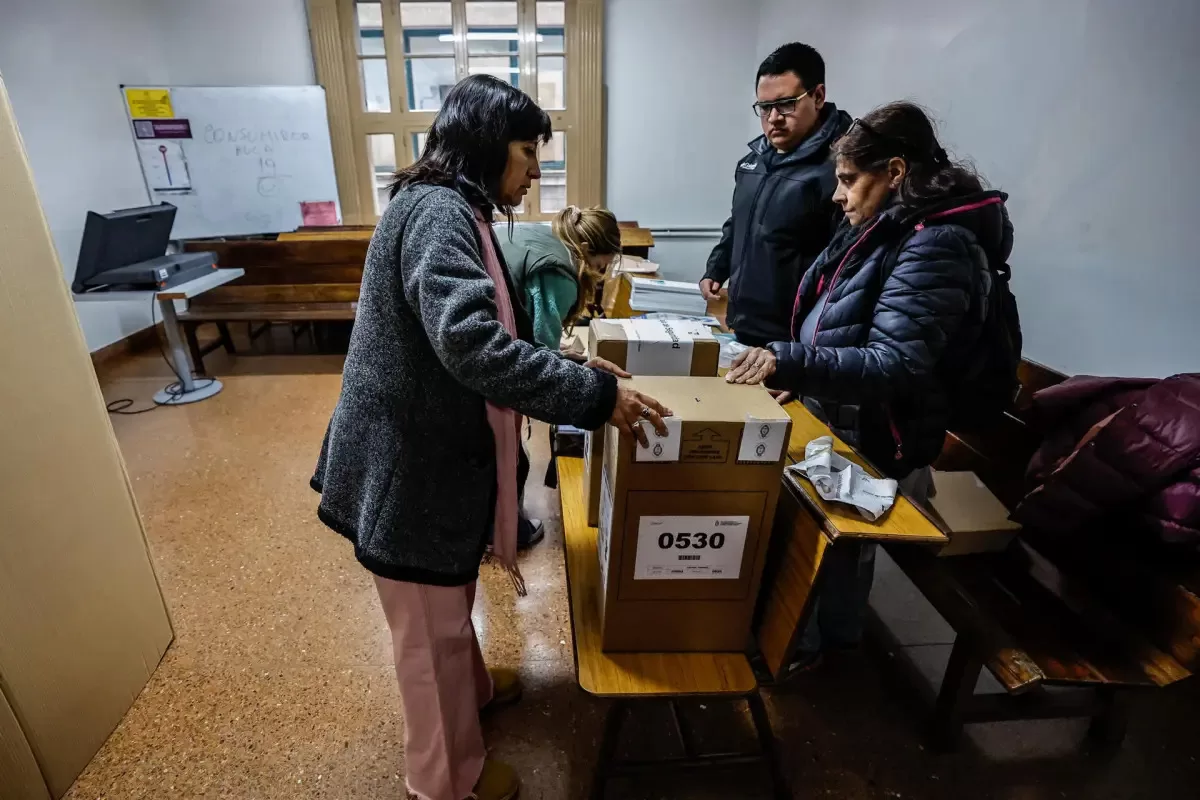Buenos Aires.– The polling stations in Argentina opened at 08:00 in the morning this Sunday for the primary elections with a view to the presidential elections on October 22.
Some 35.4 million Argentines are summoned to define with their vote the lists of candidates who will be enabled to compete in October, when president and vice president will be elected, 130 of the 257 seats in the Chamber of Deputies and 24 of the 72 seats in the Senate, and 43 Argentine representatives will be elected to the Mercosur Parliament (Parlasur, the legislative body of the bloc made up of Argentina, Brazil, Paraguay and Uruguay).
More than 85,000 members of the military and security forces guard the 108,107 polling stations distributed in 17,432 schools and other locations throughout the country, which will be open until 6:00 pm for the electoral act.
These primary elections, mandatory both for political parties and for voters between the ages of 18 and 70, are the seventh that Argentina has held since the adoption of this system with the 2011 elections.
ELECTION TEST
In the primaries, the political forces must obtain at least 1.5% of the votes to be able to compete in the November elections.
Each front or political party can present in the election this Sunday more than one list of candidates to settle their internal differences with the popular vote, but they can also present themselves with a single list of unity and only seek the minimum of 1.5% of the votes to access the October elections.
For these primaries, a record of 27 presidential formulas have been registered, in addition to 3,782 applicants for a seat of deputy and 386 for the Senate.
Beyond the validation of candidacies for October, this election constitutes a great “survey” on the political tendencies of the Argentine citizenry, who is going to the polls in the midst of a complex economic scenario.
The result of the primary is played in four key districts, the most populated in the country: the provinces of Buenos Aires (37% of the national census), Córdoba (8.7%) and Santa Fe (8%) and the Argentine capital ( 7.2%).
COMPLEXITY
Simultaneously with the national ones, this Sunday primaries are held for provincial and municipal positions in the provinces of Buenos Aires, Entre Ríos and Catamarca.
And concurrently there are also elections in the southern province of Santa Cruz, where provincial general elections -not primaries- are held, and in the city of Buenos Aires, where primaries are held for head of local government and legislative and communal positions but for an electronic voting system different from that of the national primary, so the citizens of the capital have to vote twice this Sunday.
This convergence of elections and the fact that a record number of lists of candidates have been registered make the election process complex and delays in the polling stations and the counting of votes are not ruled out.
The national government, responsible for the provisional count that will take place on Sunday night, has warned that the start of the dissemination of the first voting data, scheduled for 09:00 local time, could be delayed beyond is now.
The definitive scrutiny, in charge of the electoral Justice and the only one with legal validity, will begin next Tuesday.


